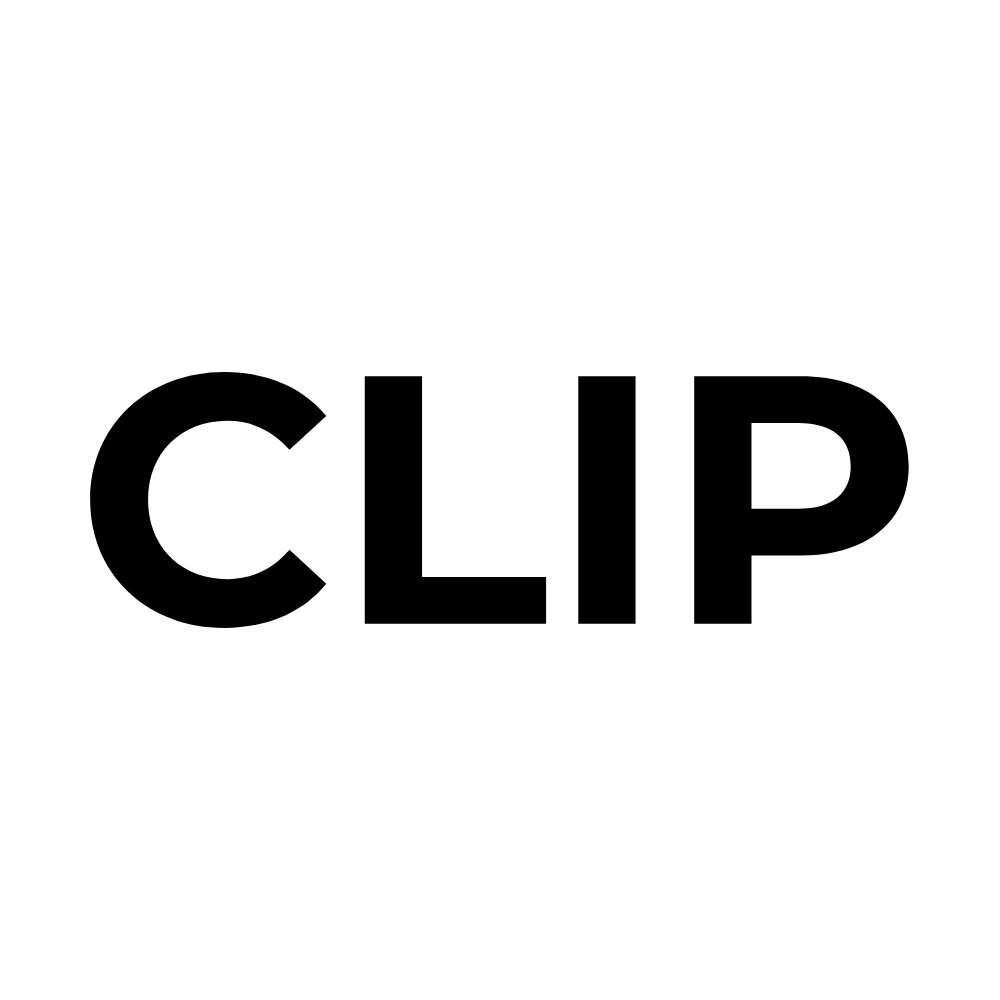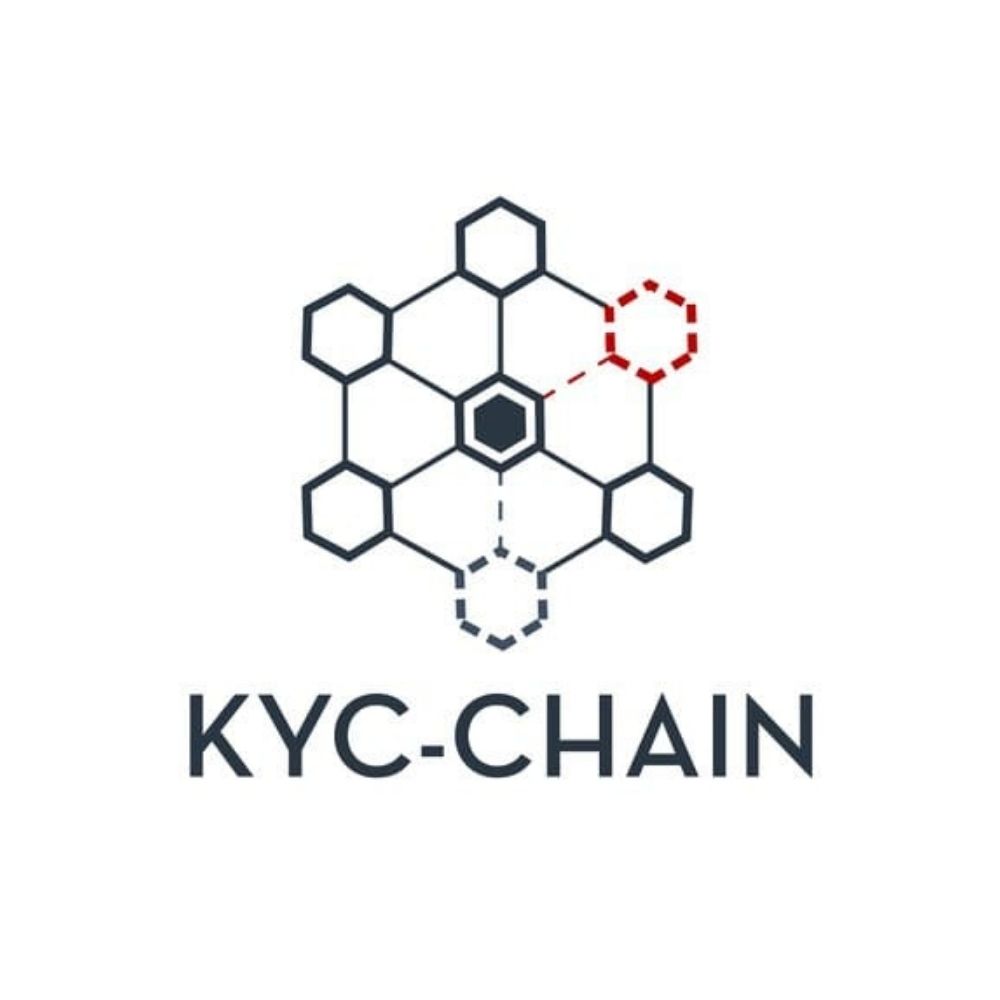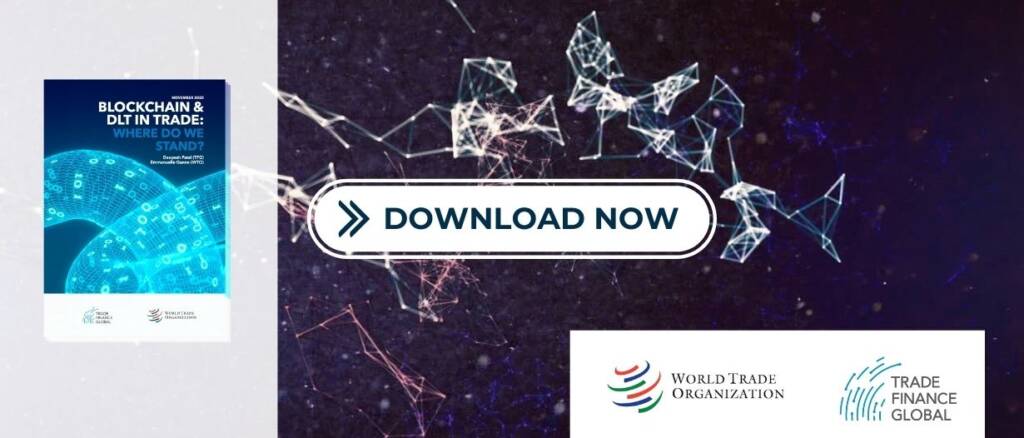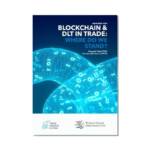This article features two hot Know Your Customer (KYC) projects which are currently being deployed to fight fraud, counter-terrorist financing and anti-money laundering, following the release of TFG and WTO’s recent publication on DLT in Trade.
1|Clipeum

Clipeum is a European consortium of banks, insurance companies, and asset managers including Société Générale, Natixis, Commerzbank, Euler Hermes, Tikehau Capital, and R3. They are striving to solve many industry inefficiencies and other challenges through the creation of an open-source financial ecosystem for cooperation in terms of collection and pooling of KYC-related documents.
The platform provides an information-sharing multi-Financial Institution platform to help accelerate the end-to-end KYC onboarding but is focused solely on documentation collection, not the rest of the process like screening or approval. Banks will still conduct their own independent KYC verifications but Clipeum will enhance the process by providing easy integration via its APIs.
Through these APIs, corporate treasurers manage access rights to their firm’s data. This means that when a bank requests access to a specific set of documents, the treasurer can grant the permissions it sees fit to the requested documents. At any time, a treasurer wishing to terminate a business relationship with a particular financial institution can decide to revoke access to its information and thus close the flow of information from its data room towards that particular bank.
The platform, which is built on R3 Corda, is free for the corporate data providers and will be accessible to the financial institutions that consume the data for a fixed license fee plus a variable cost linked to the volume of data consumption.
2|KYC-Chain
KYC-Chain is a DLT-based workflow solution designed to streamline the KYC onboarding process by verifying customer identities and managing the entire customer lifecycle. The solution suite, born out of frustration with the existing KYC process, includes sanctions screening, identity verification, OCR extraction tools, API integrations, and more.
Their fully customizable toolkit allows users to create turnkey solutions that meet the specific legal needs of different jurisdictions and regulatory environments. This same adaptability is also expected to allow KYC-Chain to remain highly relevant even as the legal, compliance, and regulatory environments inevitably change.
To date, the company has completed over 500 000 successful on-boardings spanning 240 countries and territories.
That’s not it!
It’s also worth noting that many initiatives that are classified as ‘Trade Finance DLT Initiatives’ comprise some form of KYC element in their service suites. On the periodic table, only those projects that explicitly have blockchain powered KYC modules as a secondary function have been indicated.
This decision has been made to simplify the already complex visualization of the project ecosystem. It is also important to note that there are a number of national KYC initiatives that have not been included in the periodic table. These initiatives include Nabu and Bahrain’s Blockchain National EKYC Platform, the first national scale EKYC initiative in the Middle East and North Africa region.















![KYC [DLT] – The hottest KYC projects in trade finance (yes, they use blockchain!) KYC [DLT] – The hottest KYC projects in trade finance (yes, they use blockchain!)](https://www.tradefinanceglobal.com/wp-content/uploads/2020/10/KYCDLT-The-hottest-KYC-projects-in-trade-finance-yes-they-use-blockchain.jpg)
![KYC [DLT]](https://www.tradefinanceglobal.com/wp-content/uploads/2020/10/Periodic-Table_20201027-03-1024x680.jpg)








![KYC[DLT] - The hottest KYC projects in trade finance (yes, they use blockchain!)](https://www.tradefinanceglobal.com/wp-content/uploads/2020/10/KYCDLT-The-hottest-KYC-projects-in-trade-finance-yes-they-use-blockchain-150x150.jpg)










